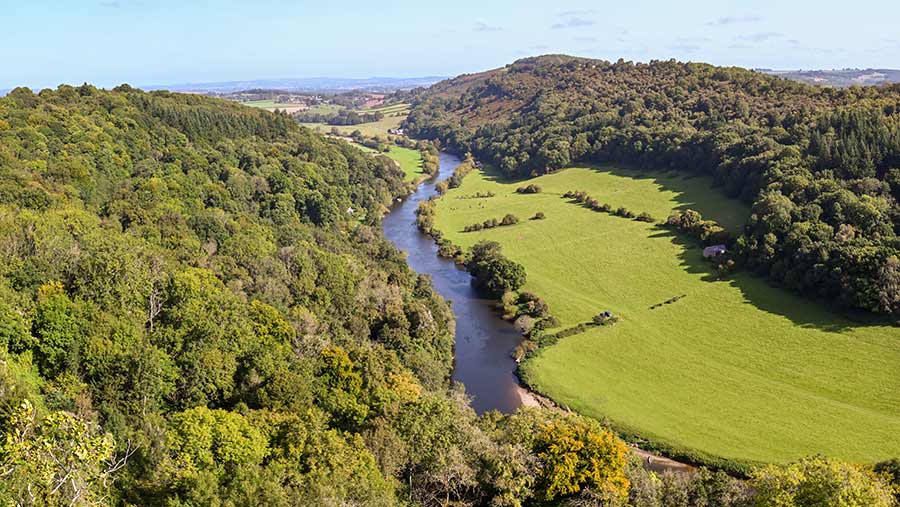Opinion: Rule burden set to grow, with farmers bearing brunt
 © Cerib/Adobe Stock
© Cerib/Adobe Stock The recent decision by poultry processor Avara to impose new litter management protocols on its farmer-suppliers and the government’s U-turn on nutrient neutrality rules for housing developments show how the world is changing.
The former, introduced to improve water quality in the River Wye, means poultry producers can no longer sell litter to be spread as fertiliser on fields in the catchment area.
See also: Chicken processor Avara moves to help clean up the River Wye
About the author

Charles Mayson is chairman and founder of CXCS, a Herefordshire-based agricultural compliance specialist.
The latter means housebuilders will be “let off” some of their environmental responsibilities, leaving farmers in England fearing they’ll end up facing tougher rules to “compensate” for pollution produced by other industries.
Whether it’s led by the market or legislation, clearly more rules, regulations, targets and inspections are coming farmers’ way.
Farmers recognise the need for change and the role they can play in helping improve the quality of the River Wye, as does Avara.
It won’t be without practical problems, though. l calculate that maybe 150,000t of litter could end up having to be “exported” (which equates to about £2m-worth of 34% ammonium nitrate fertiliser).
Those in the Avara supply chain will be obliged to sell to Gamber Poultry Litter, which will find alternative destinations.
This raises questions about how much farmers will be paid for it, and when the litter will be collected. Protocols and audits will be required.
Meanwhile, a large number of non-poultry farmers who traditionally bought this litter will have to replace it with bought-in nitrogen fertiliser.
Once the new regime is in place, this large-scale litter export will disrupt existing arrangements in the affected area. And there’s no guarantee it won’t find its way back into the catchment.
Other processors may well follow Avara’s lead, as commercial pressures drive decisions along the food chain. Avara, after all, has acted in response to its supermarket customers and to consumers.
Whether it’s the River Wye or other watercourses, agriculture is not, of course, the sole cause of excessive phosphorus loading.
Sewage harder to reform
Sewage is a big factor and unauthorised releases (which happen in dry weather as well as wet), will ensure the continued failure of water bodies, regardless of agricultural obedience.
But of these two contributors, the sewage system is harder to reform. If it rains, we have overflow. If it doesn’t, we have concentrated pollutants.
Farming, by comparison, can alter its practices much more easily than digging up streets across the nation to improve our foul drainage.
Buffers, min-till, winter cover crops, smarter nitrogen usage and agricultural legislation are all delivering change, with Nitrate Vulnerable Zones covering 60% of England and, weirdly, all of Wales.
Currently, the Environment Agency is focusing heavily on Farming Rules for Water.
Such changes in farm practices are happening, they work, they are beneficial and they don’t turn the world upside down. Combined sewage overflow, by contrast, can only be tackled as a civil engineering project.
If farming is a big contributor to phosphates in the River Wye, then farming has to be a big part of the solution.
There’s no question that farmers want to make a positive difference. I know this as I talk to them all the time.
But it’s not just farmers and water companies who are responsible for the issues we face. Everybody who eats and visits the smallest room contributes. In other words, all of us.
I can understand why farmers are aggrieved at the ever-increasing burden of rules and regulations that is being placed on them, when other industries seem to be being given – and are taking – less responsibility.
